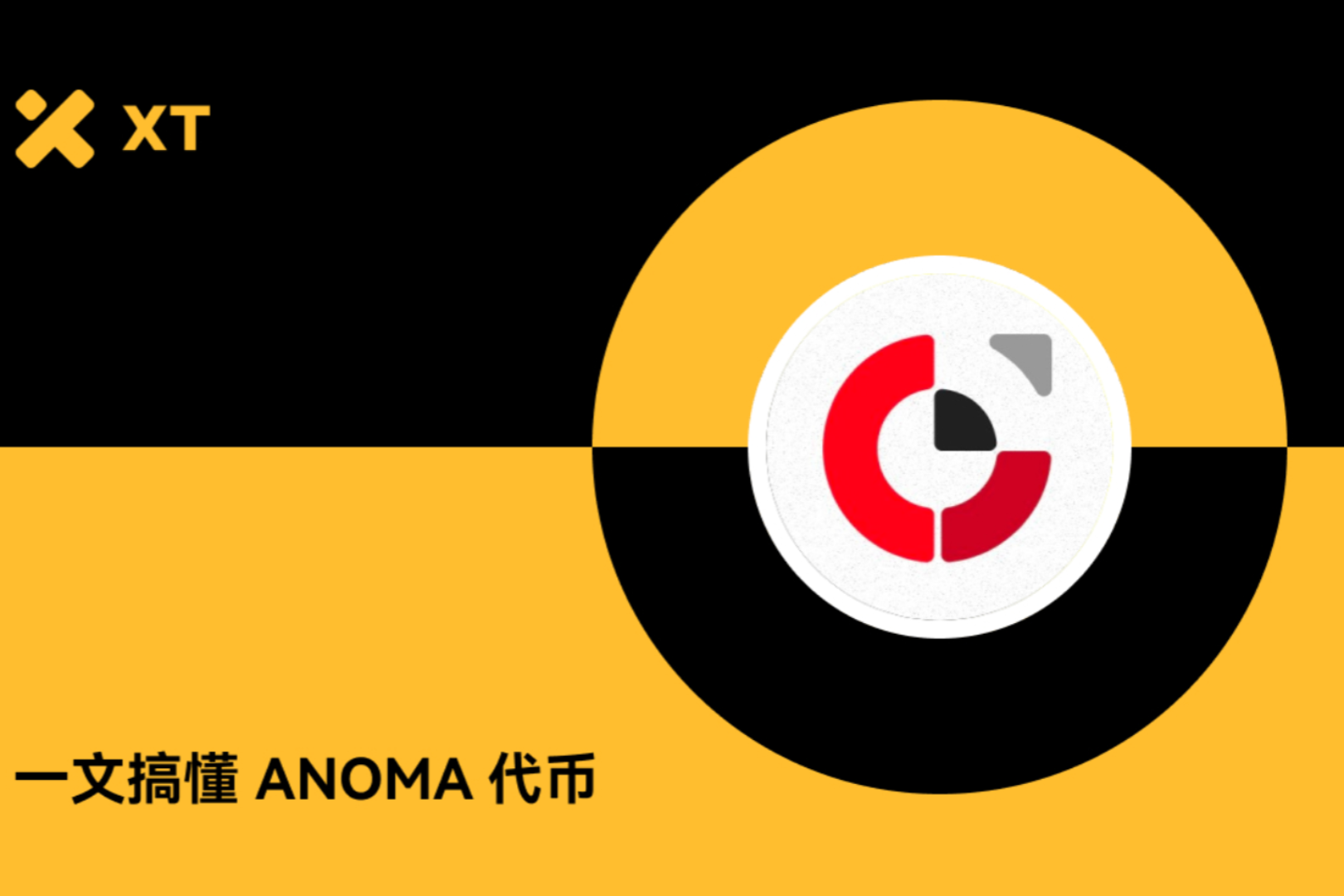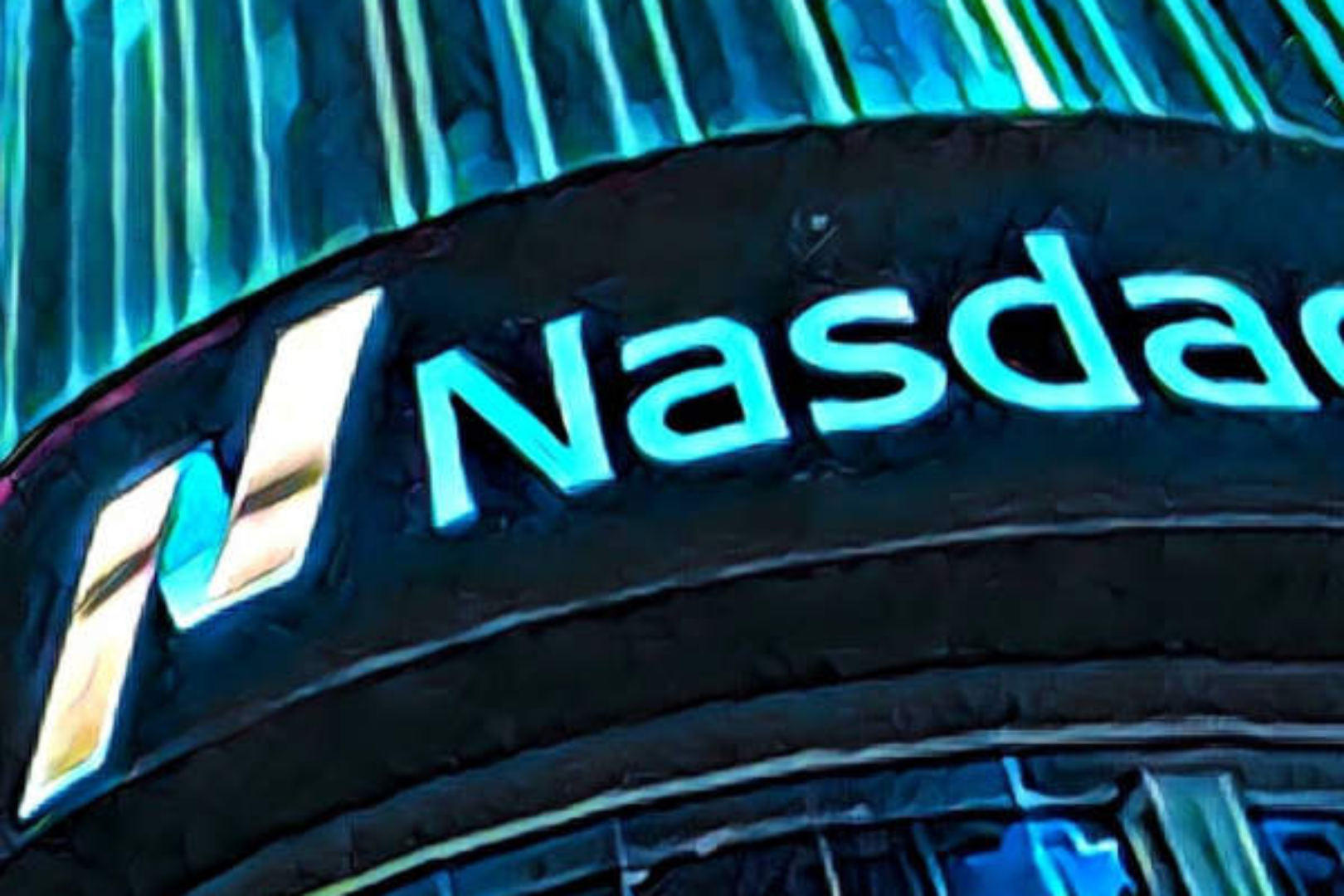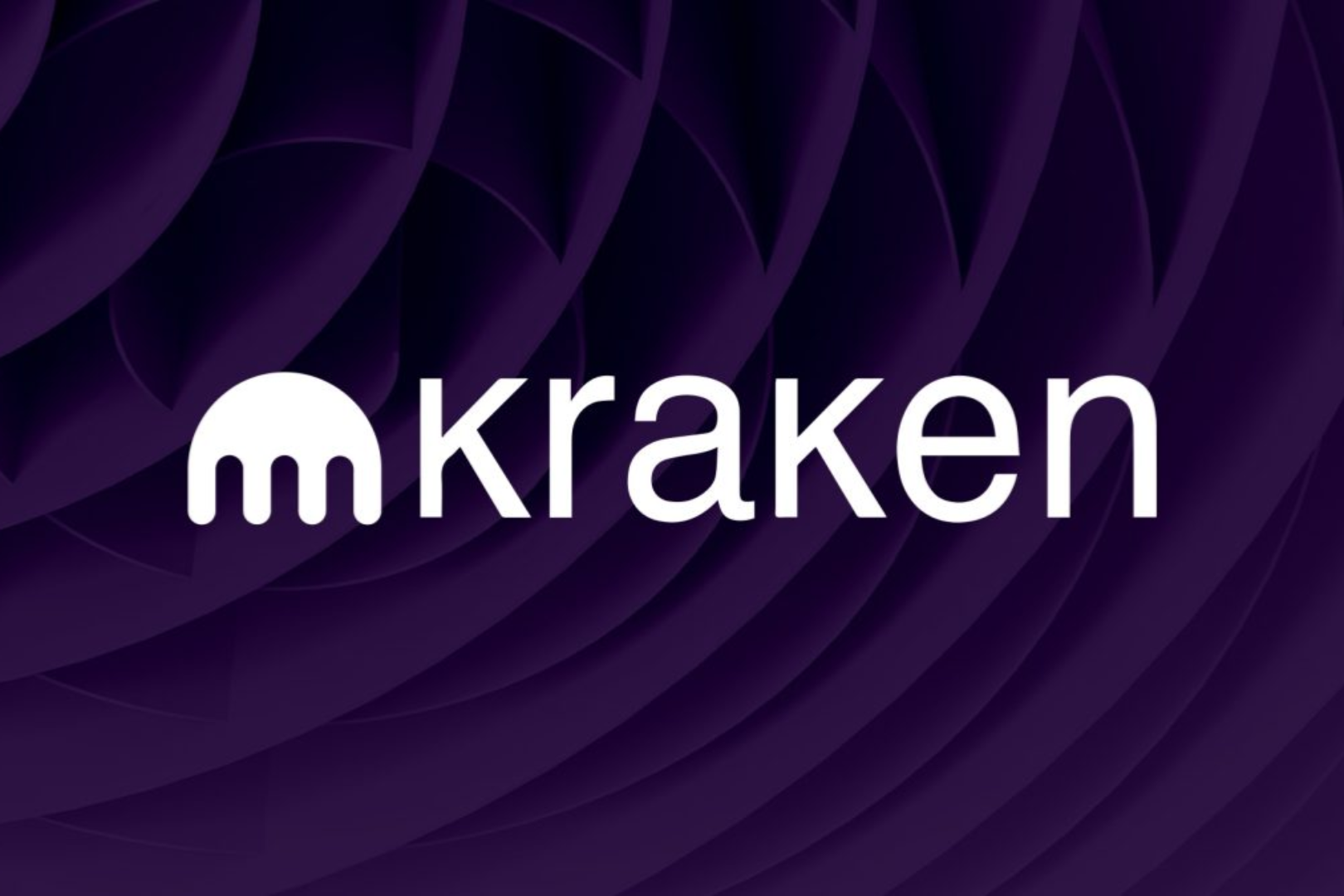
The core advantage of blockchain is the lack of a central hub. The transparency of distributed ledgers combined with the cryptographic security of immutable data chains make the technology an ideal tool for businesses to exchange and verify information.
It is not a single system, but a baseline technology that can be configured in different ways to suit different purposes and business models.
The blockchain still needs to be developed. Before the blockchain technology can be effectively expanded, Maoqiu Technology believes that there are still many problems to be solved. Even so, it can deliver significant short-term value in reducing costs and improving operational efficiency.
first level title
The Future Value of Blockchain
Simply put, blockchain is one of the most talked about technologies in business right now. Blockchain technology has the potential to drive major change and create new opportunities across industries—from banking and cybersecurity to intellectual property and healthcare. So let's take a look at how to evaluate the future value of the blockchain.
Warrant "Principles" - Gaining Competitive Advantage Through Innovation
A company's assessment of the future business value of blockchain is often accompanied by a strong belief in the ability of blockchain technology to create opportunities for new business models, products, and therefore value.
Some companies argue that “while there are press releases every day about banks building new applications on top of blockchain automated exit processes, we think this is a huge mistake. We need to think about new products, not bring existing processes into Blockchain, we should be asking ourselves: what good is it for our customers?"
This assumption is based on the principle of believing that blockchain will be important "even if we don't see it today".
Given the confidence in the technology, the future business value of blockchain evolves with the expectation of becoming a technology leader by developing future technology standards. Therefore, the claim is future-proof, i.e. based on the assumption of the desired adoption of blockchain in the future.
Warrant "flags" - increasing competition
Some of the arguments focus on increasing competition and the chances of applying blockchain to improve an organization's market positioning.
For example, some companies believe that blockchain is not the reason why the financial services industry must change. The opposite is true: due to growing competition, banks will have to change anyway, for example, by putting pressure on the market through fintech companies and others like Amazon or Google. Blockchain can help companies keep up with the competition.
As such, these claims are advocacy, that is, suggesting what should be done, encouraging other organizations to pursue the technology.
Warrant "cause and effect" - expectations for short-term and long-term value of the blockchain
Arguments related to the future business value of blockchain can also be extrapolated to the success of existing use cases. The cost reductions and efficiency gains brought about by blockchain prototypes will continue, but blockchain-based innovations will open up opportunities for organizations, including new business models.
Therefore, some companies expect that "the blockchain will discover new sources of business, new business models and financial value creation based on previous successes." It is worth noting that the informant’s statement is based on the observation of future predictions that “blockchain will lead to cost reduction in the short term and it has been proven that it creates a lot of efficiencies.
Overall, organizations arguing for the future value of blockchain see the technology as a solution to unavoidable problems, including increased competition and changing market conditions, and therefore necessary for companies to survive.
first level title
Current Value of Blockchain
Warrant "parallel cases" - expectations for comparable developments
Companies discussing the current value of blockchain often compare the technology to the business value associated with the advent of the Internet. It is very appropriate to think that compared with the Internet.
People always said that the Internet was going to change the world, and then there was all this hype and the dot-com bubble burst. At this time, critics will say that the Internet may disappear. Instead of receding, however, it changed our world permanently.
At the same time, some companies also pointed out that the Internet had value before its global spread, but was used as a specific application by small pioneer companies.
Similar to this view, some experts believe that the same thing is happening to the blockchain now as the Internet, emphasizing the commercial value of the blockchain, even if it has not yet expanded its application.
Warrant "Token" - Blockchain as Complementary Technology
Some arguments center on automation and the need to track progress in other industries by implementing blockchain-based applications that support innovative business models.
These views argue that the future of mobility is built on autonomous vehicles that use connected and autonomous services and electric power as the primary source of propulsion.
This development could be a cornerstone for the use of blockchain, as the technology may provide the basic infrastructure for combining the various building blocks needed to enable true mobile innovation.
Therefore, blockchain is not another "standalone" technological innovation, but can serve as infrastructure, contributing to the interconnection and use of numerous innovations of the past few years, and supporting their realization.
Overall, experts arguing about the current value of blockchain are less driven by belief in blockchain or a vision to be a technology leader than experts who primarily predict the future value of the technology.
first level title
blockchain or value
Contingent value reflects the belief of some companies that the realization of blockchain business value depends on certain factors.
Warrant "Authority" - External Pressures and Barriers to Implementation
Contingent value is attributed to the blockchain based on media reports and expert reports on the commercial value brought by the innovative application of the blockchain.
But others believe that "these reports and reports have brought external pressure on companies in the financial services industry, and these companies are now afraid of missing something." As a result, these individuals work for organizations that expect value from blockchain technology, but are skeptical that implementation will be as easy in the financial services industry as it is in other industries.
In particular, stringent regulation was identified as a factor that made it challenging to exploit blockchain's potential, making it difficult to capture blockchain's promised value.
Warrant “flags” – lack of clarity on value-add for future applications
The second model, related to blockchain’s contingent value, is based on market observation and assurance, whereby organizations observe other companies deploying the technology and predict specific business value.
For example, some people think that "application development in the payment field is very simple, but currently there is no clear application in the core business, because there are too many technical questions that need to be answered. However, future applications are not excluded."
Overall, the or valuable experts advocating the technology assert that there is specific commercial value in applying the technology to various industries. However, this belief is based primarily on observations and reports from other companies applying the technology, rather than on an internal effort to deeply define and test the application.
first level title
Blockchain has limited value
Several industries report that blockchain provides only limited value, either due to its nature or because the value will never be monetized due to prohibitive factors inside and outside the organization.
Warrant "Signature" - Unnecessary Application due to External Pressure
Those who claim that blockchain has limited commercial value base their opinions on observed events. For example, after an internal solicitation of ideas, "no idea really needed a blockchain."
Notably, some have interpreted this fact as a sign that the technology has no commercial value at all, arguing that "we are nowhere near using blockchain in day-to-day business" and concluding that this is not going to change anytime soon .
Warrant "Generalization" - Blockchain as a Marketing Tool and Unrealized Expectations
It has been observed that other organizations that have developed and implemented blockchain-based applications have not seen the expected results. Likewise, argue that “there are already many use cases for simply moving legacy processes onto the blockchain. However, this is a relatively new field for marketing and showing off capabilities. In general, improvements or optimizations through blockchain and There's no real commercial value, but they can make money from it."
end
end
Returning to a rational understanding of the value of the blockchain requires not only a historical perspective on technological innovation, but also a need to find corresponding application scenarios in combination with the industry.
But it is undeniable that the value of blockchain has revolutionary historical significance. However, as far as the current development trend of the blockchain is concerned, as well as the initial attempts in the fields of supply chain and Internet of Things, finance, network security, medical care, and justice, the blockchain has a bright future.





